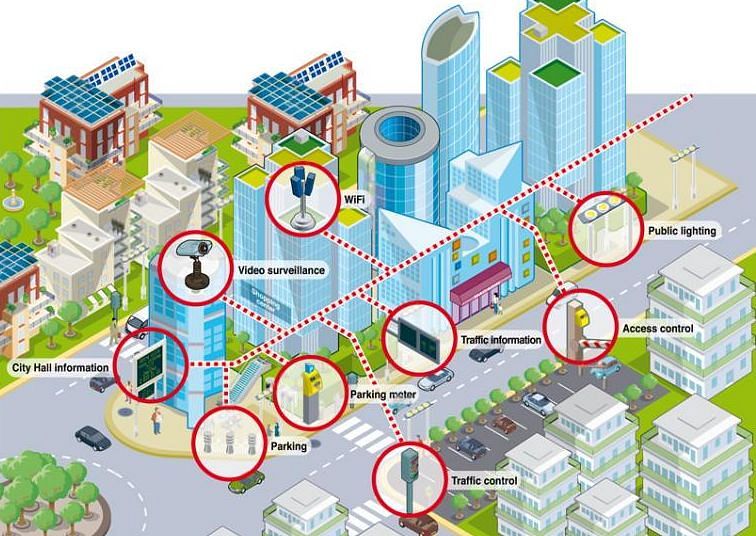Are you working in sensor technology? Get in touch and share your thoughts with Delta.
Sensors are the eyes, ears, and noses of technical systems. The development of sensors seems to be speeding up.
What drives this acceleration? Is it nanotechnology, new materials, available communication networks or the hunger for data and eventually control?
.Delta is preparing a special report on sensor technology and we need your input. Let me outline the project thus far.
New materials
We noticed a large number of PhD projects and other research publications on the development of new sensors. Many of them involve new materials. Improved scintillation crystals for gamma cameras, hydrogen sensitive optical coatings, Metal Organics Frameworks (MOFs) and CO2-sensitive polymers are just a handful recent examples in which new materials are used to improve sensing or to make new sensors.
High tech
Some sensors require a high-tech environment to function. Take for example the terahertz sensors made by Dr. Gao’s group that require a special quantum cascade laser to act as a local oscillator. Another example is the tuneable solid state laser that Dr. Adonis Reyes Reyes uses in his experimental breath analyser.
Alternative use
Researchers at Civil Engineering and Geosciences (CiTG) have developed a specialty in using existing technology, often in conjunction with communication networks, for new purposes. Wii controllers were used to measure water levels, cheap speakers to measure the noise of rain and mobile phones were used as an alternative to expensive wave measurement buoys.
Data management
Sensors produce data. Data is raw material for information and control. The TAHMO network of low-budget weather stations in Africa is an example of this, just as the plan for the fine-meshed Dutch equivalent called the Ruisdael observatory. Another example of the use of aggregated sensor data is its use in sports to stimulate competition and increase performance.
Ethics
Sensors is what feeds data into the internet of things (IoT). What we may end up with is a world in which everything and everyone gets monitored all the time. Even worse, the data are stored for infinity. Not everyone is pleased with that, as became clear from the protests against the introduction of the ‘smart meter’ to register gas and power usage in households. The question pops up if there are limits to what we want to measure and which data we want to store. And also: who should set these limits, and who should guard them.
And more
Do you know of sensor development that we have missed?
Do you think robotics and autonomous cars are powerful drivers behind sensor technology?
Do you have amazing examples of sensor networks, existing or upcoming?
Mail us your contribution.



Comments are closed.